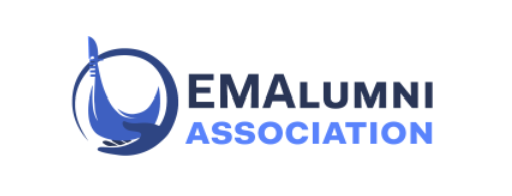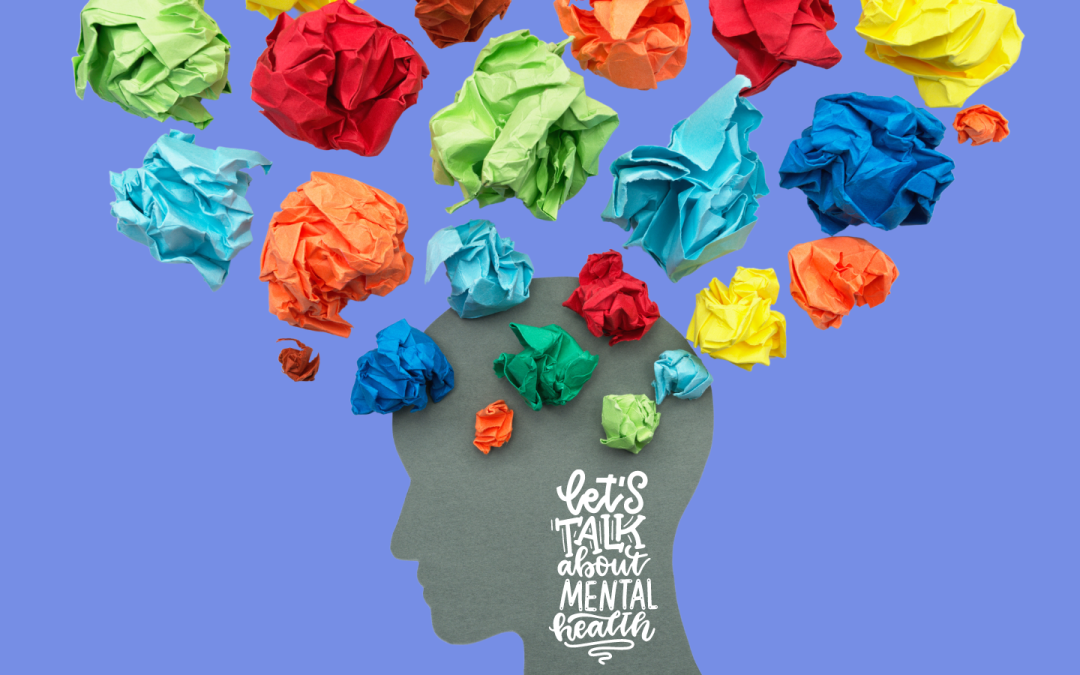As we celebrate World Mental Health Awareness Day on October 10 – with the 2024 theme “It is Time to Prioritize Mental Health in the Workplace” – we are reminded of the importance of addressing the mental health challenges faced by professionals in the human rights field.
According to the World Health Organization’s (WHO) World Mental Health Report published in June 2022, approximately one billion people were living with a mental disorder in 2019, with 15% of working-age adults affected. The COVID-19 pandemic triggered a 25% increase in global anxiety and depression.
The human rights sector is not immune to these struggles.
While mental health remains a multifaceted issue influenced by diverse factors, work environments certainly warrant particular attention. More particularly, human rights defenders not only experience personal mental health problems throughout their lives, but also encounter even greater systemic challenges in the workplace.
As the WHO stated, “Work amplifies wider societal issues that negatively affect mental health, including discrimination and inequality. Bullying and psychological violence (also known as ‘mobbing’) are key complaints of workplace harassment that have a negative impact on mental health. Yet discussing or disclosing mental health remains a taboo in work settings globally.”
Additionally, and given the nature of their work—whether in conflict zones and/or with victims of human rights violations—human rights professionals are more susceptible to developing post-traumatic stress disorder, either directly or indirectly. This is often referred to as vicarious traumatization or empathy fatigue.
In the human rights field, indirect PTSD, activist burnout, depression, and career transitions are all too common. Yet, these issues are frequently stigmatized or dismissed as personal problems, leaving those affected without adequate support.
To address these pressing concerns, the newly established Mental Health Support Group of the EMAlumni Association aims to raise awareness and deepen the understanding of mental health challenges within the human rights sector.
By highlighting research, publishing blog articles in our newsletter, and identifying EMAlumni specializing in mental health support, the EMAlumni Association seeks to normalize discussions about mental health challenges and ultimately provide support for human rights professionals.
As we reflect on World Mental Health Awareness Day, let us commit to breaking the silence, reducing stigma, and supporting the mental well-being of those who dedicate their lives to upholding and advancing human rights.


